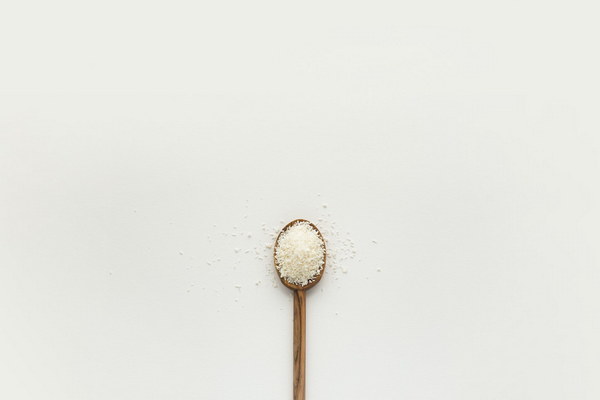Tackling Excessive Sweating A Comprehensive Guide to Body Regulation
Introduction:
Excessive sweating, also known as hyperhidrosis, can be an embarrassing and uncomfortable condition for those who experience it. It is characterized by the body's tendency to produce sweat beyond what is necessary for temperature regulation. While there are various factors that can contribute to excessive sweating, such as genetics, stress, and medical conditions, there are several ways to regulate your body and alleviate the symptoms. In this article, we will explore the causes of excessive sweating and provide practical tips on how to manage and treat this condition.
1. Identifying the Causes:
Before we delve into the solutions, it is crucial to identify the causes of excessive sweating. These can include:
- Genetics: If your family members have a history of excessive sweating, you may be more prone to it.
- Medical conditions: Hyperthyroidism, menopause, and diabetes are just a few examples of medical conditions that can trigger excessive sweating.
- Stress and anxiety: Emotional factors can lead to increased sweat production.

- Hormonal changes: Puberty, pregnancy, and menopause can all cause hormonal fluctuations that may lead to excessive sweating.
- Certain medications: Some medications, such as blood pressure medications and antidepressants, can cause sweating as a side effect.
2. Lifestyle Adjustments:
Once you have identified the potential causes of your excessive sweating, it is time to make some lifestyle adjustments. Here are some tips to help you regulate your body:
- Stay hydrated: Drinking plenty of water can help regulate your body temperature and reduce sweat production.
- Wear breathable clothing: Opt for natural fibers, such as cotton and bamboo, which allow your skin to breathe and reduce moisture buildup.
- Maintain a healthy weight: Being overweight can increase your body's sweat production, so losing weight may help alleviate your symptoms.
- Practice stress-reduction techniques: Activities such as meditation, deep breathing exercises, and yoga can help manage stress and reduce sweating.
- Avoid trigger foods: Certain foods and drinks, such as caffeine, spicy foods, and alcohol, can increase sweat production. Try to limit your intake of these items.
3. Medical Treatments:
If lifestyle adjustments do not suffice, there are various medical treatments available to help manage excessive sweating:
- Antiperspirants: Over-the-counter antiperspirants can help reduce sweat production by blocking sweat glands. Look for products with higher concentrations of aluminum chloride, such as Clinical Strength.
- Prescription medications: In some cases, your doctor may prescribe medications such as Iontophoresis or Botox injections to reduce sweat production.
- Surgery: In severe cases, surgery may be considered to remove or alter sweat glands.
Conclusion:
Excessive sweating can be a challenging condition to manage, but with the right approach, it is possible to regulate your body and alleviate the symptoms. By identifying the causes of your sweating, making lifestyle adjustments, and exploring medical treatments, you can take control of your condition and live a more comfortable life. Remember to consult with a healthcare professional before trying any new treatment or making significant lifestyle changes.









